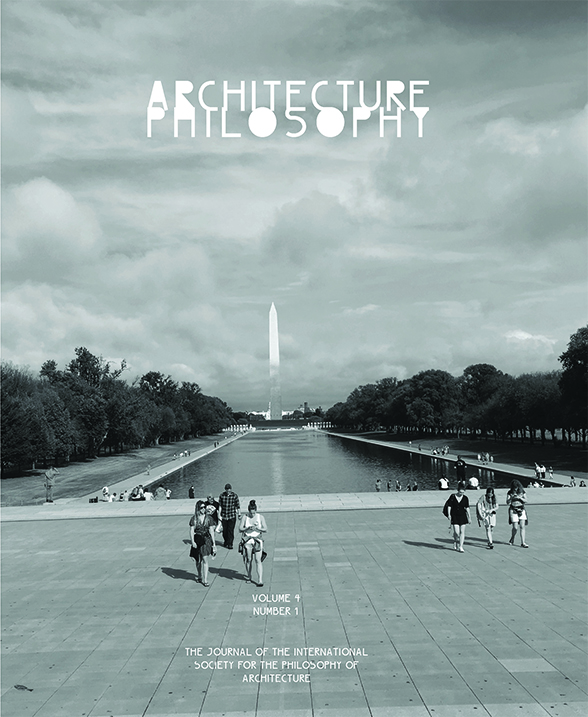The Space of the Lacerated Subject: Architecture And Abjection
Main Article Content
Abstract
In Powers of Horror (1980), the psychoanalyst Julia Kristeva presented the first explicit, elaborated theory of 'abjection,' which she defines as the casting off of that which is not of one's "clean and proper" self. According to Kristeva, abjection is a demarcating impulse which establishes the basis of all object relations, and is operative in the Lacanian narrative of subject formation in early childhood via object differentiation. (I am a subject: me. That is an object: not me.) Abjection continues to operate post-Oedipally to prevent the dissolution of the subject by repressing identification with that which is other, and particularly that which is only tenuously other: the abject. Though Kristeva's theory is braided into problematic Freudian premises, this essay will argue that abjection remains operative independent of the Oedipal model.
